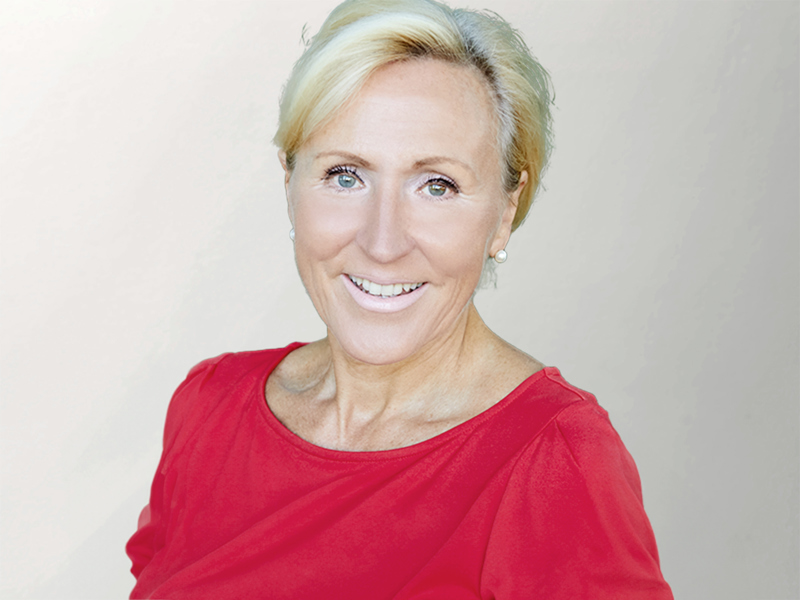Blog
Perfect tense – the investment case for ESG
17 March 2022
By Sandra Macleod, Group CEO
When I boarded my train at 6h18 am, with a hot coffee in my hand to ward off the -2C chill, I watched what others were doing around me. Mask or no mask? Sit next to people or find a spot as far away as possible? On bumping into friends, do we nod, shake, touch fists or hug? What are the latest rules? What are others doing? What is the responsible course for me, mindful of my potential impact on those around me, and my intended journey?
This tension set me up well for our early morning breakfast debate on the investment case for ESG, where our expert panel - media personality, Matthew Gwyther, engaging with Alan Livsey, Lex Research Editor, Financial Times, Charles Wookey, CEO, BluePrint for Better Business, and Hannah Leach, Partner, Houghton Street Ventures and co-founder of VentureESG - grappled with similar conundrums:
- The jam in the ESG sandwich – Is it right that business should be left to fill the void of moral responsibility in society?
- Mayonnaise with purpose – Where does virtue lie and have Boards swung too far in their desire to be seeing to be doing good?
- Needle in a haystack - What are investors looking for when considering ESG as part of a new or existing business investment?
- Aggregate confusion - How should PLCs and private businesses best benchmark ESG – are the existing plethora of emerging standards fit for purpose?
- On the button or over the top - What real value is ESG bringing to investment portfolios – and are some ‘sustainable’ stocks overvalued?
When asked about their greatest challenge since the pandemics, more than one FTSE leaders we interviewed in Britain’s Most Admired Companies survey admitted ‘increased workload’. Others raised concerns around supply chain, focusing on mental health and getting people back to work. Most said addressing ESG and climate change.
This marks a significant shift among the 250+ CEOs and Chairmen we polled, who barely rated ESG as strategically important four years ago. Conversely, CFOs and Heads of IR saw the ability to attract and retain top talent as the most important driver of reputation. In the many studies we conduct for clients, we are seeing a growing correlation between a strong, credible ESG strategy and the attractiveness of a company as a place to work.
We then asked how many have changed the way they manage corporate governance due to recent shifts in societal attitudes. We found that 73% of the FTSE claim they have made changes, with a greater focus on ESG, diversity and inclusion and developing the relevant board skills to address these.
During our event, the specialist on our ESG panel couldn’t agree on the main drivers of change – be it the impact of ‘stranded assets’, changing regulation, large pension fund strategies, corporate pursuit of purpose and/or generational differences. But all did agree that the noise about ESG is not a passing fad but evidence of a changing world, reflecting changing expectations, changing demands and changing requirements to thrive.
While it is expected that measurement and accountability improve dramatically, fundamental responsibility is at the core of all matters ESG. For those in hard-to-abate sectors, unquestionably difficult decisions around trade-offs, costs and priorities will have to be made, and expectations managed in the process. Leadership, skills and insight are needed on this journey.
As ESG measurement grows in significance, this may accelerate the dominance of politics over profit, and as such ESG judgement is a force to be reckoned with.
Echo provides integrated reputation and trust measurement, including the perceived performance and risks associated with ESG commitments. Our insights, rooted in materiality, social listening, stakeholder mapping and stakeholder surveys, are an important part of how we do this.
IF we all aim for better, will we reach future perfect?
[Image source: Redshift (www.redshift.autodesk.com/what-is-esg/)]

